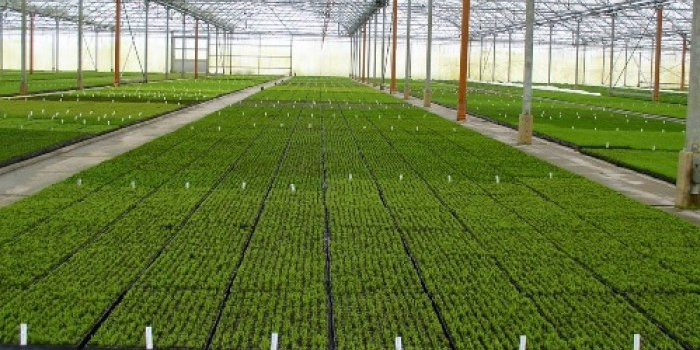(3 minutes read)
Tanzania and The Netherlands have signed a Memorandum of Understanding (MoU) on cooperation commitment to strengthen electronic certification (e-cert) for sanitary and phytosanitary processes in the country’s horticultural sector. A phytosanitary certificate verifies agricultural products have been inspected and are pest and disease free.
Tanzania and The Netherlands have signed a Memorandum of Understanding (MoU) on cooperation commitment to strengthen electronic certification (e-cert) for sanitary and phytosanitary processes in the country’s horticultural sector. A phytosanitary certificate verifies agricultural products have been inspected and are pest and disease free.
The horticultural sector in Tanzania has shown tremendous growth over the last three decades becoming one of the main foreign exchange earners. The two countries have a long-standing cooperation that spans beyond 40 years. About 80 Dutch companies are operating in Tanzania, 70 percent have invested in the agricultural sector, of which the majority are in the horticultural sector, mostly in the northern circuit.
The MoU will be implemented by the National Plant Protection Organisations (NPPOs) from Tanzania, Tanzania Plant Health and Pesticide Authority (TPHPA), and the Netherlands Food and Consumer Product Safety Authority (NVWA).
Horticultural exports account for a significant portion of total export value amounting to 779 million US dollars in 2019. Currently, the sector is the main source of livelihood for about 4.5 million farmers comprising both small and large-scale farmers of which the majority are women and youth.
Read Also:
https://trendsnafrica.com/meat-export-from-tanzania-revenue-soars-in-2023/
https://trendsnafrica.com/tanzania-resilient-natural-resource-management-for-tourism-and-growth/
The export process of horticultural produce requires phytosanitary certification by the Tanzanian Plant Health Service (PHS). This is a ‘paper-driven’ process that involves attestation by competent inspectors and represents guarantees (safeguards) to the importing countries’ competent authorities. A phytosanitary certificate accompanies an export consignment to the port of entry of the importing country and therefore acts as a passport to the product. A paper certificate accompanies a consignment during export, it is difficult for port officials of an importing country to pre-clear a consignment of known history before its arrival, and this results in unnecessary delays at ports, even for routine cargo.
The cooperation will result in efficiency in agricultural trade eventually creating more jobs and foreign earnings.





